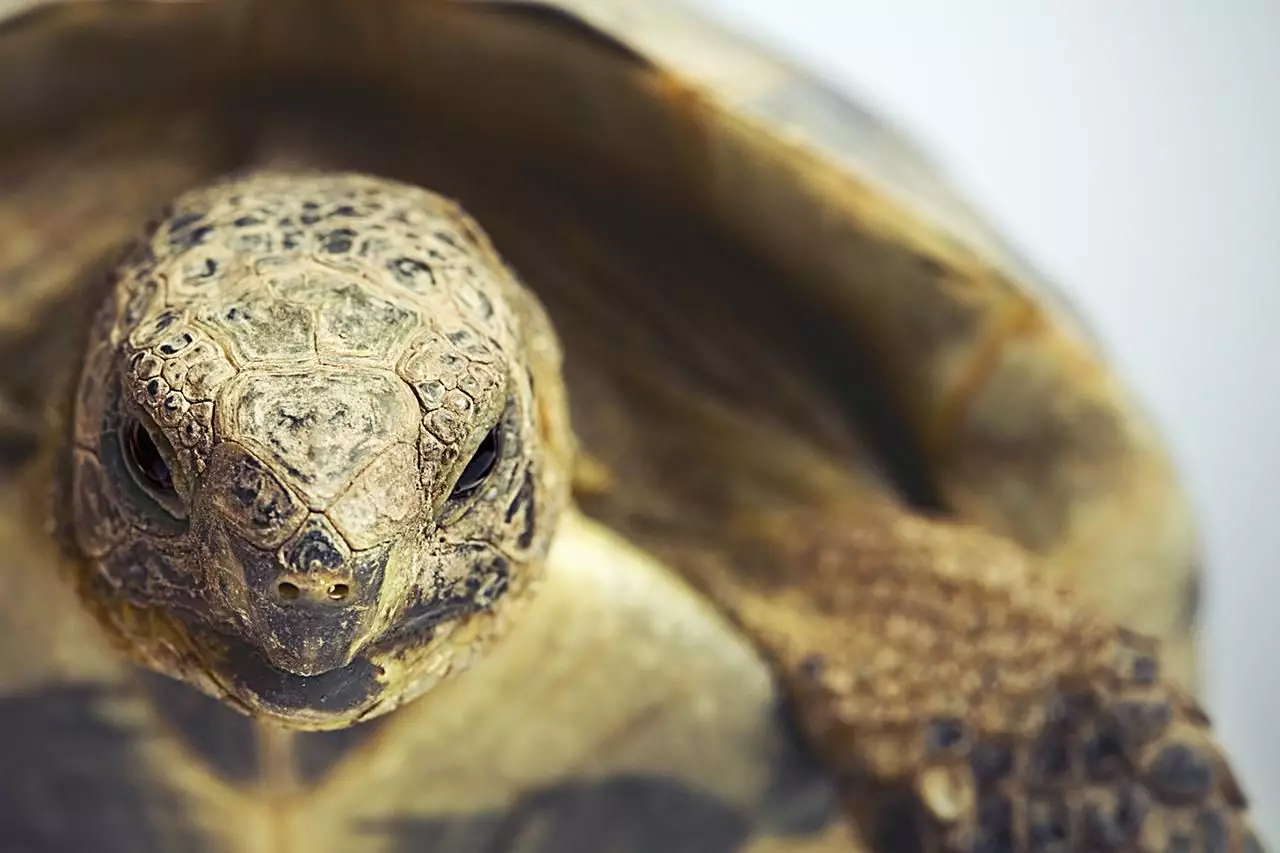When considering pets, the image of a playful canine or a purring feline often comes to mind. However, the charming and low-maintenance Greek tortoise (Testudo graeca) deserves attention as an exotic companion. Native to the warm climates of Southern Europe and parts of North Africa and Southwest Asia, these tortoises are loved for their temperament and unique appearance. Their shells range from tan to yellow, embellished with striking dark browns or blacks—a visual reminder of their ancient lineage. Their appeal goes beyond their outer appearance, offering a journey of companionship that spans potentially over five decades.
Prospective owners need to face an essential truth: adopting a Greek tortoise is a long-term commitment. With lifespans often exceeding fifty years, these creatures can easily outlive their owners. Before deciding to welcome one into your home, you must be prepared for a lifelong responsibility. This includes providing proper care, nutrition, and a suitable habitat to ensure a happy, healthy life. It’s critical for enthusiasts to evaluate their readiness for such a commitment seriously.
Despite their longevity, Greek tortoises also have distinct personalities. While they may be slow-moving and prefer not to be handled frequently—which can induce stress—they can develop a bond with their owners. Many tortoises display a curious demeanor, sometimes approaching their humans, especially when food is involved. This interaction can create a rewarding relationship, as they become accustomed to your presence.
The environment for a Greek tortoise is just as crucial as their diet. Unlike many reptiles, Greek tortoises do not thrive in aquariums. Instead, spacious enclosures that allow them to roam and exercise are vital. A well-designed area measuring at least 3 feet by 6 feet provides ample room for exploration. Enclosure walls should be about 18 inches high to prevent escape, and digging under the walls must be prevented by burying them six inches deep. Natural sunlight exposure cannot be overstated; Greek tortoises require a UVB light source to thrive, ensuring their bones remain healthy and strong.
During warmer days, outdoor activities are encouraged. However, caution is imperative: never leave your tortoise unsupervised outdoors due to risks from escaping or predation. It’s best to create a secure outdoor pen, ensuring that shaded areas are available alongside sunlit spots. This allows your tortoise to regulate its body temperature effectively, which is essential for its wellbeing. The ideal temperature range for a Greek tortoise is between 75 to 90 degrees Fahrenheit during the day, with basking areas reaching 95 to 100 degrees under a heat lamp.
Greek tortoises are primarily herbivorous, and their nutritional needs play a pivotal role in their care. A diet that emphasizes high fiber and low protein is essential. Greens like collard and dandelion, along with various vegetables such as zucchini and broccoli, should make up the bulk of their meals. It is also beneficial to supplement this diet with chopped Timothy hay, which aids in beak trimming and digestion. Alarmingly, many tortoise owners often overlook the critical aspect of calcium intake. A veterinarian’s guidance is vital in providing appropriate supplementation, particularly if your tortoise consumes a minimal variety of foods or has specific health needs.
Just as important as diet, monitoring humidity and cleanliness within the enclosure will prevent health issues such as shell rot or metabolic bone disease—common ailments seen in Greek tortoises. Keeping an eye out for problems like lethargy or wheezing can signal respiratory infections, often stemming from incorrect humidity levels. Regular cleaning and a constant supply of fresh water are essential to maintaining overall health.
For potential tortoise owners, sourcing a healthy animal is crucial. Seek reputable breeders who prioritize the health and genetic history of their animals. An ideal tortoise will exhibit clear eyes, a sturdy shell without deformities, and an appetite for food—those are key indicators of good health. The average purchase price for a Greek tortoise is around $200, which can be seen as a worthy investment in long-term companionship.
While Greek tortoises might not be as interactive as other pets, they offer a unique and deeply rewarding companion experience that spans decades. With the right care, a keen understanding of their habitat needs, and a commitment to their nutritional health, these tortoises can thrive and fill your home with their distinct charm. Embracing the journey with a Greek tortoise means embracing patience, respect for their nature, and ultimately, the joy of nurturing a resilient, living piece of history.

